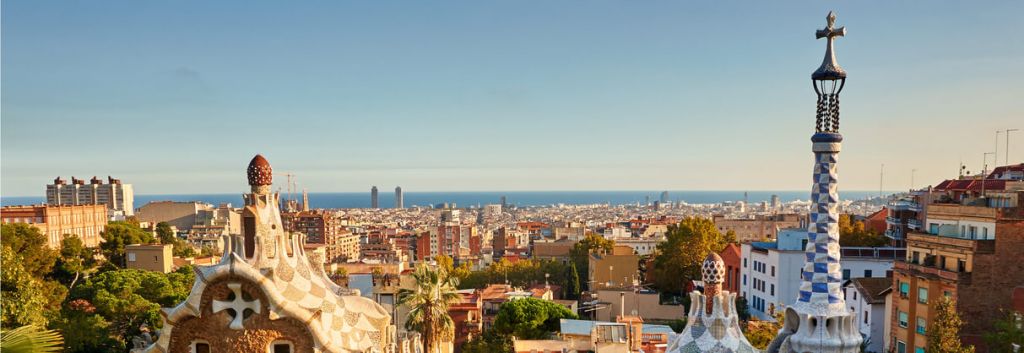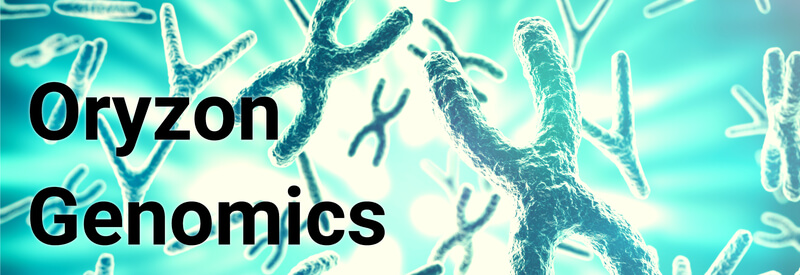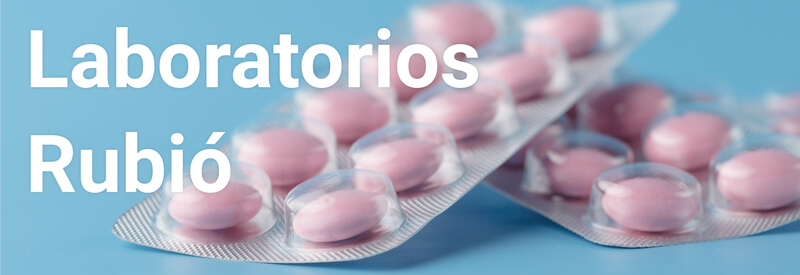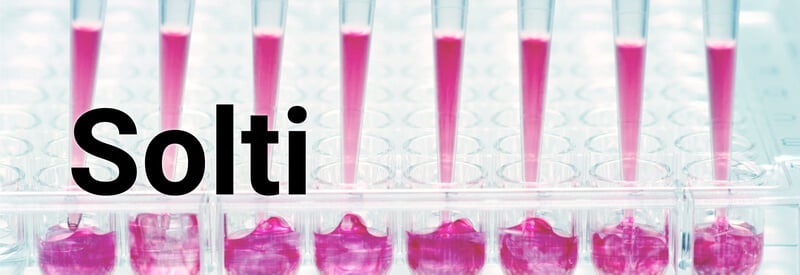As BIO Europe Spring 2017 approaches, we decided to take a closer look into biotechs from Barcelona, one of the hottest biotech hubs in Europe.
Spring is coming and with it a new edition of BIO Europe Spring that will take place by the beach in Barcelona. The city has established itself as a hub for life sciences within Catalonia, a strong region for health companies and investment.
From its capital, the strategic catalyst agent Biocat promotes the growth of Catalonia’s BioRegion, one of Europe’s best in healthcare, which brings together 824 companies and attracted over €151M in investment between 2013 and 2016. On top of that, the city counts with Ysios Capital, the leading biotech VC in Southern Europe.
We’re pleased to present you 5 biotech companies from Barcelona’s dynamic biotech ecosystem that will be presenting at BIO Europe Spring 2017. Among them, you’ll find the names behind Spain’s largest biotech deal ever as well as some of the most innovative technology in therapeutics and diagnostics.
Originally a genomics diagnostics company, Oryzon Genomics is now a clinical-stage biopharma developing epigenetics-based therapeutics. The company is listed on the Madrid Stock Exchange with a market cap of €125M. Oryzon signed the largest deal in Spanish biotech, which could exceed €472M ($500M), when it licensed its lead candidate, ORY-1001, to Roche.
The company’s pipeline candidates target lysine-specific demethylase 1 (LSD1), a histone modifying enzyme that regulates the expression of genes involved in a wide range of diseases including cancer and neurodegenerative disorders.
ORY-1001 is currently in Phase I for small cell lung cancer and Phase IIa for leukemia. A second candidate, ORY-2001, is being tested in 3 Phase I trials to treat dementia (including Alzheimer’s and Parkinson’s), multiple sclerosis and Huntington’s.
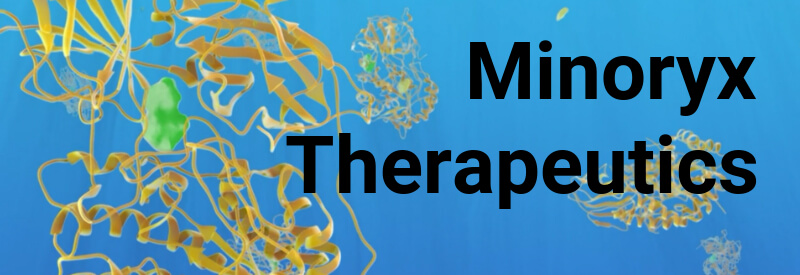
Minoryx Therapeutics is committed to finding innovative treatments for life-threatening rare diseases. In particular, it focuses on inborn errors of metabolism, a group of rare genetic diseases with high unmet clinical need.
The company’s lead candidate, MIN-102, is a PPAR agonist to target X-linked adrenoleukodystrophy (X-ALD) currently in Phase I. However, its core technology is still in the early discovery phase. Minoryx uses its SEE-Tx platform to develop pharmacological chaperones that can stabilize defective proteins to recover their function.
Unlike most pharmacological chaperones, those from Minoryx are allosteric: they restore the protein’s functional structure without binding to the active site. Therefore, they don’t block the protein’s activity when administered to the patient.
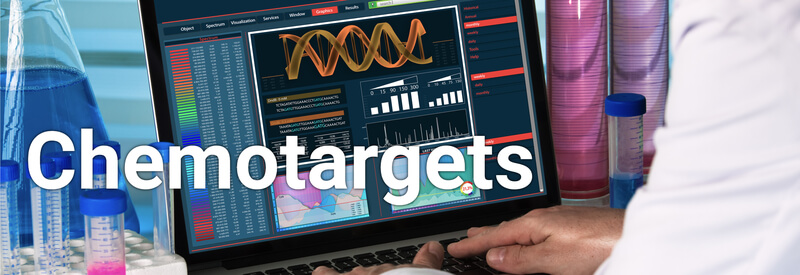
Chemotargets describes itself as a computationally-oriented biotech company. A spin-off from the Institut Hospital del Mar d’Investigacions Mèdiques (IMIM) in Barcelona, the company is behind the development of the predictive software for drug development CT-link.
Chemotargets’ goal is to accelerate the drug development process and make it more cost-effective. Aside from offering its services to pharma and biotech, the company works in EU-funded projects such as eTOX for the prediction of drug toxicity and CHAARM to develop highly active antiretroviral combinations.
Co-founded by two brothers in the late 60s, Laboratorios Rubió is a biopharma with a strong focus on innovation, boasting that 73% of sales come from products developed in-house. The company is partnered with top research centers and universities, invests in research initiatives and takes part in the co-development of new technologies with biotech partners.
Among its wide range of research areas, Laboratorios Rubió has a strong focus on cardiovascular disease. One of its projects is the liposcale test, developed with the university spin-off Biosfer Teslab. It provides precise information on the size, number and concentration of different subtypes of lipoprotein particles in order to assess cardiovascular risk more accurately.
Solti is a non-profit academic research group specializing in clinical research in breast cancer. The group manages all stages of a clinical trial from the original idea to the communication of results. It also organizes training programs for essential skills in clinical research.
Solti is currently involved in over 40 clinical trials. The group took part in the Phase III trial for Agendia’s Mammaprint, where the DNA diagnostics test showed it could eliminate the need for chemotherapy in 46% of breast cancer patients.
You’ll be able to hear from these cool companies and meet them at BIO Europe Spring 2017, but there’s still plenty more. Barcelona is teeming with smaller companies that aspire to follow the steps of those presenting this year, and two competitions will give them the opportunity to shine.
This year, Biocat is organizing a HealthTech Startup competition, where 10 carefully selected startups innovating in digital health and medical devices will pitch their business model.
For its part, Johnson & Johnson Innovation is sponsoring Start-up Slam, a pitching competition that puts biotech entrepreneurs in the spotlight, check out the website for more details!
“J&J Innovation believes that a great idea can come from anywhere, which is why we seek innovation at all stages of development. Start-up Slam is a fantastic opportunity for entrepreneurs to gain international exposure and network with leading figures from the biotech industry,” commented Richard Mason, Head of the J&J London Innovation Centre.
BIO Europe Spring, organized by the EBD Group, offers a unique opportunity to put in touch young scientists and entrepreneurs with business VCs, executives and industry experts and bring together the best minds and ideas in the biotech space.
If you’re attending, make sure to use the opportunity to meet key players in one of the best regions for biotech in Europe. If you don’t have a ticket yet, grab one here!
Images by LuisPinaPhotography /Shutterstock; Rost9 /Shutterstock; Minoryx Therapeutics; angellodeco /Shutterstock; AndreyCherkasov /Shutterstock; HQuality /Shutterstock




